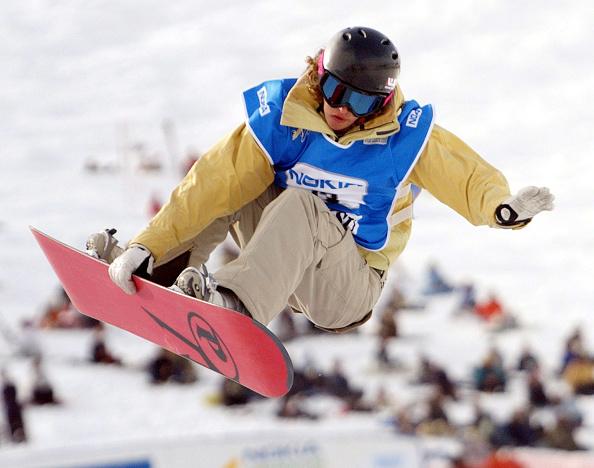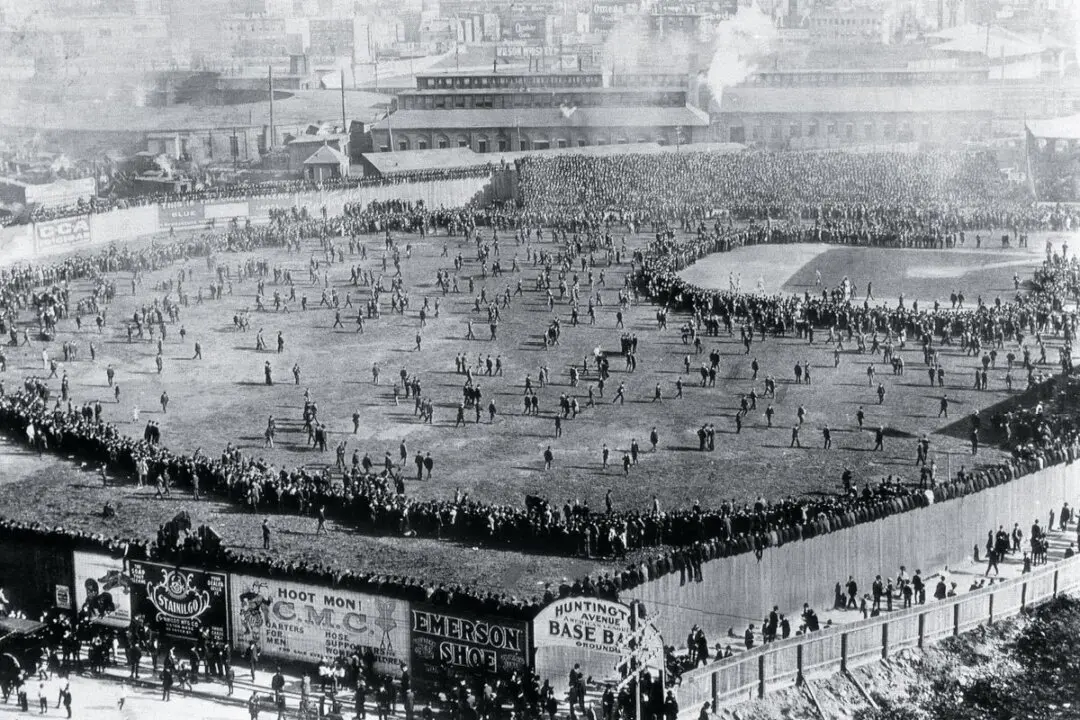Lindsey Jacobellis is the most decorated snowboarder in history. In her fifth Winter Olympics last year, she won gold―twice. She has been a pioneer in the sport of snowboarding. Her story, however, has been anything but smooth and easy.
In many ways, it’s been a constant uphill grind. In her memoir “Unforgiving: Lessons from the Fall,” Ms. Jacobellis takes the reader through her childhood and how she began competing in snowboarding to her gaffe in the 2006 Winter Olympics to finally rising above the mental stress, injuries, and outside criticisms to achieve gold.






